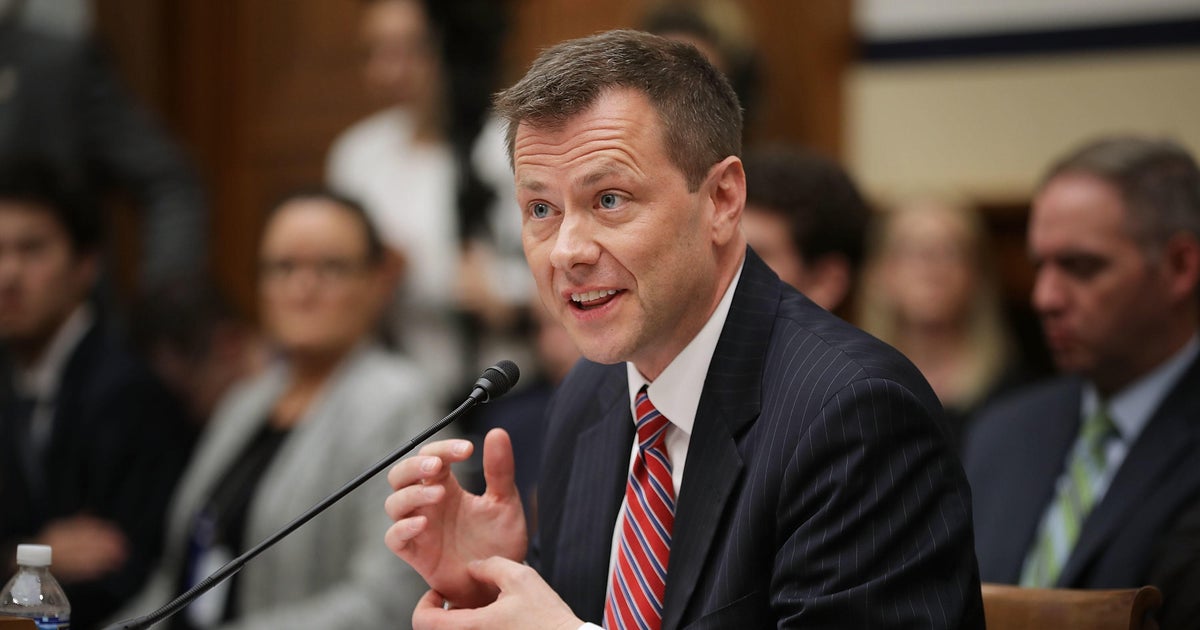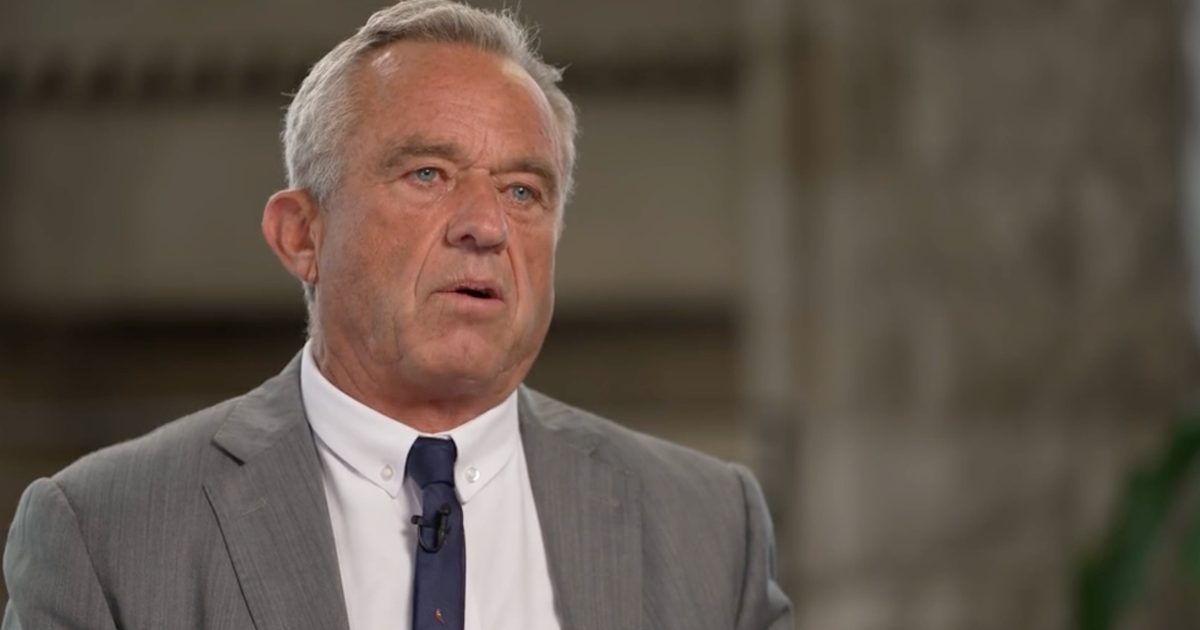Time running out on NAFTA, as U.S. grapples with China over trade
President Trump's team is running out of time to rewrite a trade pact with Canada and Mexico this year just as it's confronting China and sparring with its allies over U.S. tariffs on imported steel and aluminum.
If negotiators can't agree on a revamped the North American Free Trade Agreement soon — House Speaker Paul Ryan set an informal Thursday deadline — the talks could drag into 2019. Or Mr. Trump could carry out his threat to abandon the agreement he's labeled a job-killing "disaster" and throw commerce among the three NAFTA countries into disarray.
"The window is closing rapidly," said Dan Ujczo, a trade lawyer at Dickinson Wright in Columbus, Ohio.
NAFTA is hardly the only urgent item on the administration's trade agenda. Mr. Trump was expected to meet Thursday with China's Vice Premier Liu He to try to avert a trade war. Liu will also meet with a U.S. team led by Treasury Secretary Steven Mnuchin.
The U.S. and China, locked in a conflict over Beijing's demand that American companies turn over technology to gain access to the Chinese market, have threatened to slap tariffs on $50 billion of each other's goods. And Mr. Trump has asked U.S. Trade Rep. Robert Lighthizer to find an additional $100 billion in Chinese products to tax.
The prospect of a trade war between the world's two biggest economies has unnerved global financial markets and alarmed major companies.
"The stakes are too high for these talks to fail," said Christine McDaniel, a senior research fellow at George Mason University's Mercatus Center. "The U.S. economy, its firms, its workers, and its people all depend on being able to buy and sell with their counterparts at home and across the globe every day."
Talking to reporters Thursday, Mr. Trump downplayed the prospect of a successful negotiation with Beijing:
"Will that be successful?," the president asked. "I tend to doubt it."
Trade sanctions could disrupt business between the countries and potentially threaten jobs. Consumers would be hurt by higher prices for imported products that are hit by tariffs.
In the meantime, Japan, a staunch U.S. ally, is threatening to go to the World Trade Organization to protest Mr. Trump's tariffs on imported steel and aluminum. The president imposed the tariffs in March, arguing that reliance on imported metals posed a threat to America's national security. He exempted the European Union, Canada, and Mexico — but not Japan — until June 1.
The steel and aluminum tariffs have antagonized traditional American allies. Those counties want permanent exemptions from the tariffs. Or they want them withdrawn altogether. Donald Tusk, president of the European Council, tweeted Monday of the United States that "with friends like that who needs enemies."
NAFTA has long been a focus of Mr. Trump's ire. But achieving a NAFTA do-over to the president's satisfaction has always seemed a longshot. When it took effect in 1994, NAFTA ended most trade barriers among the U.S., Canada and Mexico. Trade surged within the NAFTA bloc. American farmers who export corn and other products benefited from the deal.
But many U.S. manufacturers, notably automakers, moved production to Mexico to capitalize on low labor costs, and shipped their products back to the United States. The influx of imports swelled America's trade deficit with Mexico, which amounted to $69 billion last year. (The United States posted a nearly $3 billion trade surplus with Canada in 2017).
Mr. Trump is seeking to revamp NAFTA to try to return auto production to the United States and shrink America's trade deficit. The United States is demanding that a percentage of a car's content originate in a country — the United States or Canada — with average auto worker wages of around $15 an hour to qualify for NAFTA's duty-free status.
But companies have built complicated supply chains that straddle NAFTA borders. In doing so, they took advantage of each country's strengths — cheap labor in Mexico, for example, and skilled workers and proximity to customers in the United States and Canada. Changing the rules, manufacturers warn, would disrupt their operations, raise their costs and put them at a competitive disadvantage with manufacturers in Asia and Europe.
Ann Wilson, senior vice president at the Motor & Equipment Manufacturers Association, which represents auto suppliers, argues that the U.S. proposal could drive up the average of price of new cars, which already exceeds $35,000.
"$35,000 is a lot of money for most Americans," Wilson said.
The Center for Automotive Research, an independent research organization, estimates that as many as 125 types of cars could lose their NAFTA benefits under the U.S. wage requirement and become subject to tariffs.
"The tariffs would add between $470 and $2,200 to the cost of these particular vehicles," the center concluded in a report last month.
U.S. law lays out a process that trade agreements must follow to go before Congress for an up-or-down vote, with no amendments allowed. House Speaker Ryan said last week that a deal had to be struck by Thursday to start a timeline for a vote before Congress departs at year's end. Others say there's more time. Trade lawyer Ujczo calculates that negotiators have until around Memorial Day, May 28.
Lori Wallach, director of Public Citizen's Global Trade Watch and a sharp critic of the existing NAFTA, said talks could go into June and still allow for a congressional vote this year.
"We are running out of time," said Rep. Will Hurd, a Republican whose Texas district borders Mexico and benefits from NAFTA. "But I think the deadline is not necessarily today."
"I'm feeling positive about this," Canadian Prime Minister Justin Trudeau told Fox Business Network's Susan Li at the Economic Club of New York on Thursday. "But it won't be done until it's done. And people are working very, very hard on it right now."
_______
AP Business Writer Yuri Kageyama in Tokyo contributed to this report.



